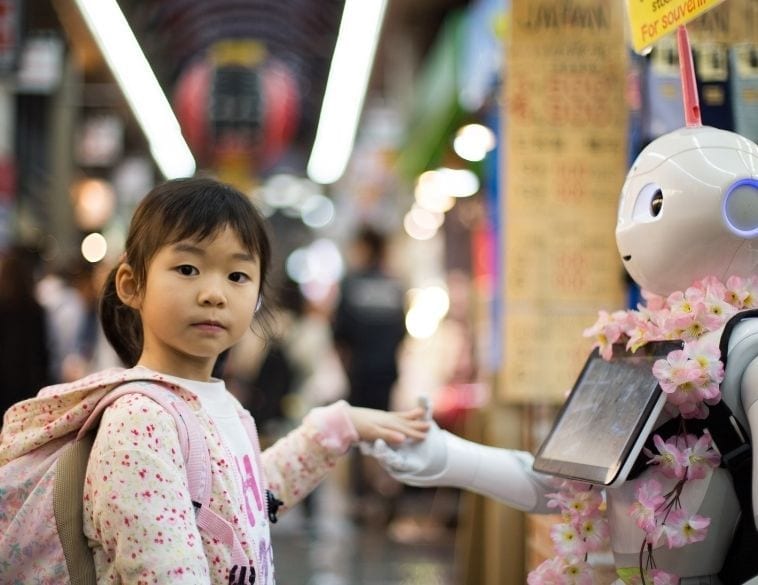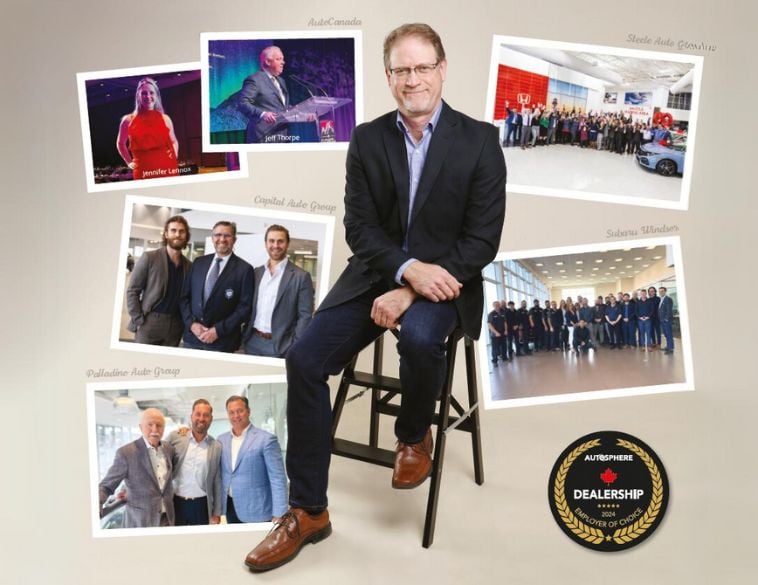Distribute the wealth produced by technology.
To start 2021, let’s think about what we want to put in place to optimize all our internal resources. This article will cover all staff, management and artificial intelligence.
André Bernard (Découverte, Radio-Canada) explains that “Artificial intelligence is exploding and Montreal is one of its major development poles”. The principle is to let the computer discover for itself the best strategy to solve a problem. The newspaper CNRS (France) maintains that “even if we have to keep a few humans at work to supervise the machines and make the final decisions, we can imagine that in the long term, we will be closer to a borderline case of one human for every 500 machines”.
Imagine: at Kunshan’s Au Robot restaurant, which will open in China in 2014, robots serve the dishes and greet customers using 40 standard phrases. Spreading the wealth produced by technology! Even if experts say that one day, machines will replace humans in all tasks, I’m somewhat skeptical. Will we live in a world without emotion? On the other hand, it is quite obvious that robots cannot catch COVID-19!
In the automotive industry, several factories are already automated for the production of vehicles. I remember that in my youth, the IBM Bromont plant I worked for was automated and even the post office was distributed by a robot. I can tell you that I was very impressed by this automation and I wondered what our world would be like in 30 years. Right now, I look at the improvements in technology and think that 30 years ago we were very technologically advanced in some production plants.
Customer service and staff
In the L’Usine Digitale magazine, Arthur Le Denn (April 21, 2020) published that between human and customer service automation, companies are still looking for the right formula. Customer service is defined by all the actions implemented for customers, before, during and after the purchase. It is a tool that helps to respond to customers and build customer loyalty; it is difficult to replace the human aspect of the customer cycle.
In the automotive industry, customers buy a product, a feeling, a dream sometimes, a need for their family, a gift… Emotion must always exist in customer service and a robot can never replace customer service. Even if many consumers shop online, many like to talk with a person.
According to a study conducted by Axys Consultants and Easyfront Consulting and published on April 20, 2020, customer service is performed internally in nearly 93% of companies (including 22.5% as part of a mix internal/external). This figure reflects its position as a “nerve center” within organizations. In short, 92% of companies claim to have made the optimization of their customer service a priority using artificial intelligence techniques.
Quality service is more than just a smile and the ultimate goal is not only to satisfy the customer, but to satisfy the organization. Customer service is important to the company, it should never be forgotten. Staff must listen, personalize, know the customer and be trained to provide customer service worthy of your organizational mission. Customer service in numbers (Easiware, September 9, 2020):
- Approximately 78% of consumers have already abandoned a transaction because of poor customer service.
- 69% of consumers remain loyal if the site accompanies them in their navigation
- More than 50% of dissatisfied customers stopped ordering in the year following a bad customer experience.
- Consumers share a negative experience twice as easily as a positive one.
Winston Churchill said, “To improve, you have to change. So to be perfect, you have to change often. »
Robotics and the vehicle
“The autonomous car must evaluate several parameters at once: the free space it can move through, the types of vehicles around it, their behavior,” explains Raquel Urtasun, professor and researcher specializing in computer vision at the University of Toronto. In an article published by France-Presse on August 9, the autonomous robotaxi arrived in Shanghai and a guinea pig clientele fearlessly settled in the back of a cab with no one behind the wheel, which they ordered online. The local giants of the autonomous car are trying to generalize this futuristic technology in China.
For my part, electric cars will be popular before autonomous vehicle robotization. Antoine Blondeau, who helped develop the technology that led to intuitive input and Siri, Apple’s voice assistant, says that in 30 years, the world will be very different and everything will be designed to meet your personal needs.
Traces of “thinking” machines were found in science fiction as early as the 1920s. In 1950, a mathematician Alan Turing and his article “The Computer and Intelligence” exposed a test to know if a machine was close to a human intelligence, the game of imitation (Turing’s test).
Are we there yet?
Yanick Jomphe is a training consultant and a specialist in the implementation of CRM reminder systems. She holds a B.A.A., M.B.A. and Ph.D. on the impact of stakeholder involvement in the implementation of management tools on organizational performance. Online training available at [email protected]



